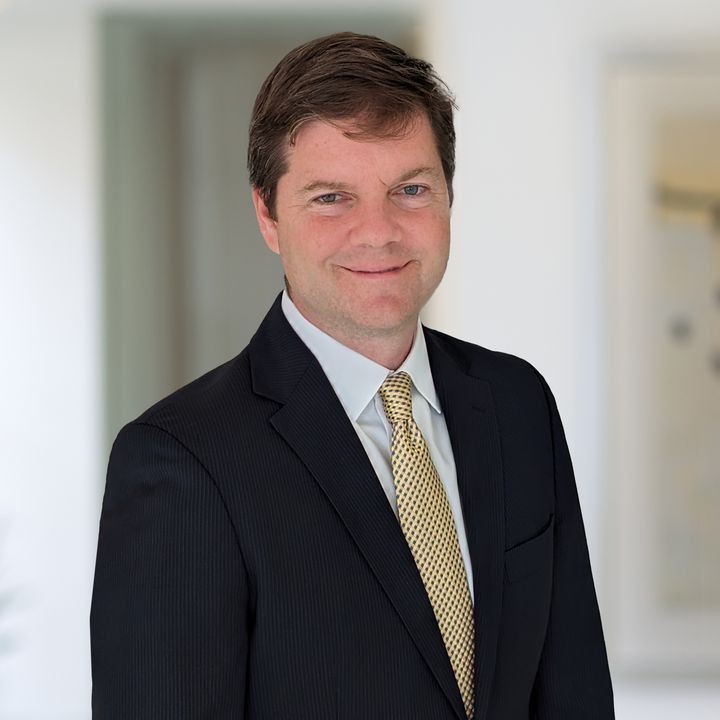Not-So-Charitable Donations: DOJ Achieves a $20 Million Settlement for a Backdoor Donation Scheme for Increased Medicaid Contributions
Client Alert | 2 min read | 04.20.22
On April 6, 2022, BayCare Health System Inc. (BayCare) entered into a $20 million settlement under the False Claims Act with the U.S. Department of Justice (DOJ) to resolve allegations that it had made donations in order to improperly inflate the funding four of its hospitals received from the federal Medicaid program. According to the agreement, BayCare did not formally admit wrongdoing or liability; rather, BayCare settled in order to “avoid the delay, uncertainty, and expense of litigation.”
Florida Medicaid is administered by the state but jointly funded by both the state and federal governments. The federal government’s Federal Financial Participation (FFP) share is paid according to statements of expenditures submitted by the state and per the formula described in sections 1903 and 1905(b) of the Medicaid Act. Once state funding obligations are met, matching federal funding is triggered.
Traditionally excluded from state expenditures are provider-related donations, defined as donations or voluntary payments made directly or indirectly to the state by or on behalf of a healthcare provider for administration of the state’s Medicaid plan. However, “bona fide” donations, or donations made to the state by a provider that has no direct or indirect relationship to Medicaid payments made to healthcare providers, will count toward total state expenditures. This has resulted in arrangements where health care providers will make bona-fide provider-related donations to the state that seemingly have no relationship to Medicaid payments, but with the express or implied understanding that such funds will be used for the purposes of fulfilling state Medicaid contribution obligations. This can substantially increase federal Medicaid matching payments to the state at no actual cost to the state or local governments involved.
In 2016, Larry Bomar, a former hospital reimbursement manager in Florida filed a whistleblower suit alleging that, between October 2013 and September 2015, BayCare had allegedly made improper cash donations to the Juvenile Welfare Board (JWB) as part of a scheme to boost BayCare’s Medicaid funding. According to the relator, BayCare knowingly made these sham donations to JWB, which on the surface had no direct or indirect relationship to Medicaid funding. However, pursuant to a backdoor agreement, JWB then transferred all but 10% of those donations to the Florida Agency for Healthcare Administration (AHCA) to be counted toward state Medicaid contributions. Those state contributions then triggered matching federal funding contributions. Because these state contributions were matched by the federal government and then a portion were allegedly routed to BayCare hospitals in the form of Medicaid payments, BayCare purportedly was able to recoup its original donations to JWB from the state in addition to matching federal funding. As a result, it was alleged that dBayCare knowingly caused false claims for federal Medicaid funding because its donations increased Medicaid payments received by the state and by BayCare without any actual state contributions. In effect, BayCare “paid themselves to increase federal matching funding on Medicaid patients, and paid the JWB a ten percent fee in order to accomplish the scheme.”
This settlement comes less than two months after a $5.5 million settlement reached by Florida-based NCH Healthcare System for similarly making non-bona fide donations as part of its own scheme to boost its Medicaid funding. Combined, these settlements highlight the government’s emphasis on combatting healthcare fraud and suggest that the government is keeping a watchful eye on Medicaid contributions.
Contacts
Insights
Client Alert | 3 min read | 02.27.26
On February 17, 2026, the U.S. Equal Employment Opportunity Commission (EEOC) filed a complaint against Coca-Cola Beverages Northeast, Inc., in the United States District Court for the District of New Hampshire, alleging that the company violated Title VII of the Civil Rights Act of 1964 (Title VII) by conducting an event limited to female employees. The EEOC’s lawsuit is one of several recent actions from the EEOC in furtherance of its efforts to end what it refers to as “unlawful DEI-motivated race and sex discrimination.” See EEOC and Justice Department Warn Against Unlawful DEI-Related Discrimination | U.S. Equal Employment Opportunity Commission.
Client Alert | 6 min read | 02.27.26
Client Alert | 4 min read | 02.27.26
New Jersey Expands FLA Protections Effective July 2026: What Employers Need to Know
Client Alert | 3 min read | 02.26.26




